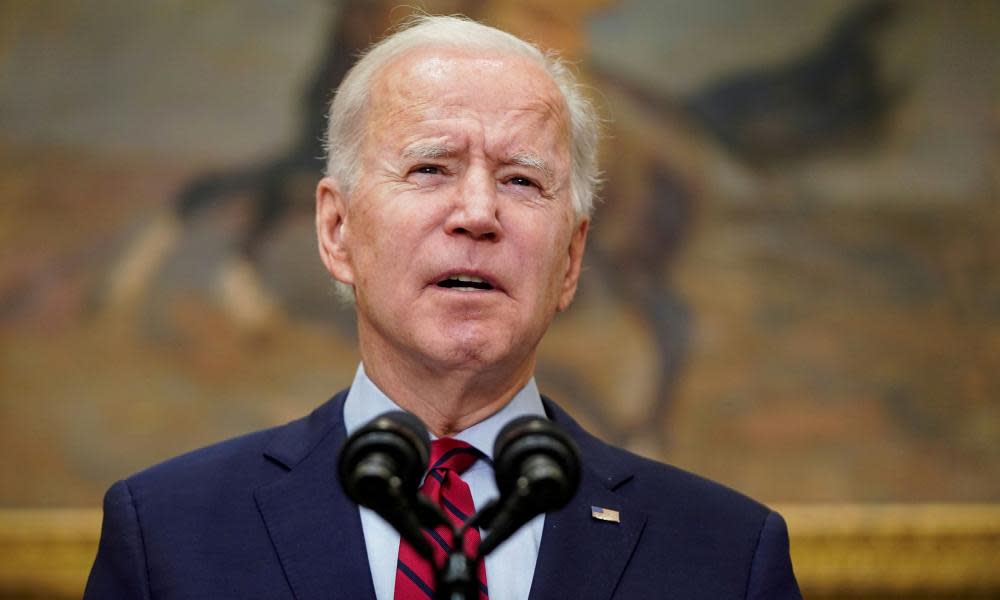Iran says it will not attend talks with US over nuclear deal

The Iranian foreign ministry has announced it is not willing to attend EU-brokered talks with the US over the future of the Iran nuclear deal because Washington has not done enough to lift sanctions against Tehran.
The Biden administration, committed to returning to the 2015 nuclear deal, had said it was willing to attend talks, but would discuss what it would take to lift US sanctions at the negotiating table, and not before. It said it needed to know what measures Iran would accept to come back into compliance with the deal.
It is not clear if the new impasse will be indefinite or if mediators can still find a way to reassure Iran that it will be worth attending the talks in the future.
Related: Iran threatens to quit IAEA pact over censure from west
Iran has been deeply disappointed that the US has not taken more unilateral steps to return to the nuclear deal that Donald Trump quit in 2018.
It is likely the US, along with European powers, will seek to table a censure motion against Iran at a meeting of the International Atomic Energy Agency (IAEA) board of governors this week in Vienna, a move that could in turn provoke Tehran to lessen its cooperation with UN nuclear inspectors still further.
Explaining the Iranian refusal to attend talks, the foreign ministry spokesperson, Saeed Khatibzadeh, said on Sunday: “Considering the recent positions and actions of the United States and three European countries, the Islamic Republic of Iran does not consider this is the time to hold an informal meeting proposed by the European coordinator of the UN security council.”
Khatibzadeh added: “There has been no change in the US position and behaviour yet, and the Biden administration has not only not abandoned Trump’s failed policy of maximum pressure, it has not even announced its commitment to fulfilling its responsibilities in UN resolution 2231.”
He said the implementation of the obligations of all parties in the nuclear deal signed in 2015 “is not a matter of negotiation and trade-offs, since all trade-offs were made five years ago. The road ahead is very clear: the United States must end its illegal and unilateral sanctions and return to its commitments. This does not require negotiation or a resolution in the board of governors of the IAEA.”
He said Iran would remain in touch with the EU’s foreign affairs chief, Josep Borrell.
One possible route to talks would be the US agreeing to lift restrictions on Iran accessing assets overseas including billions deposited in banks in South Korea and Iraq. Tehran claims that fear of US sanctions has led banks in both countries to freeze more than $7bn (£5bn) of Iranian assets. Iran has been in touch with Iraq and South Korea about their release.

 Yahoo News
Yahoo News 
